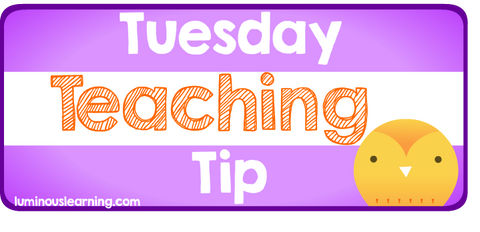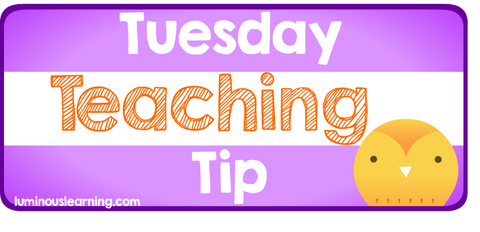Using Visual Aids to Teach Addition Strategies




Using 10-frames (or egg cartons!) and number lines to illustrate odd vs. even numbers.
As a special education teacher, I spent a good deal of my time trying to make the mainstream curriculum accessible for my students. Oftentimes, with the right supports, they were able to grasp content on or near grade level. When it came time to assess their mastery of the curriculum, I built the same supports into my assessments. Special needs students may struggle with retention and recall, but given the opportunity and appropriate supports, they may shine with more complex assessment tasks. A carefully differentiated assessment will provide more meaningful data, indicating opportunities to challenge all students.
Read more about how I differentiated math assessments, although the strategies I outline can apply to multiple subject areas. Check out the latest edition of ASCD Express: http://www.ascd.org/ascd-express/vol9/902-uscianowski.aspx